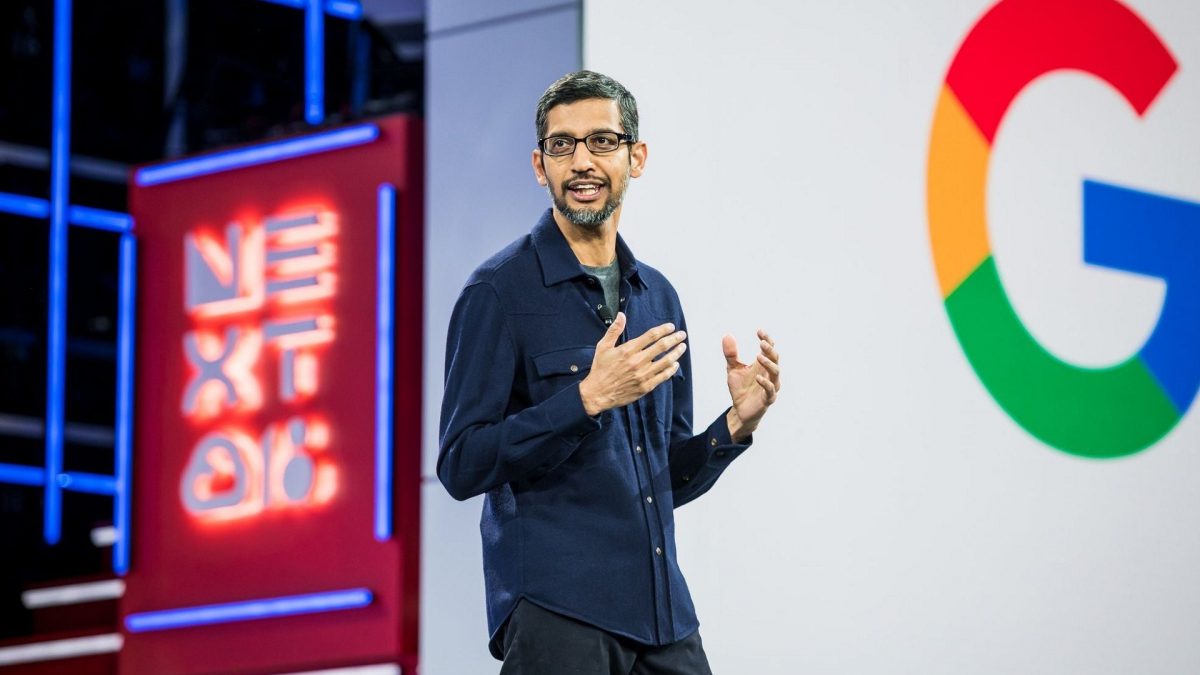
Google has reportedly asked the Federal Trade Commission (FTC) to look into Microsoft’s exclusive partnership with OpenAI, which grants the tech giant the role of sole cloud provider for OpenAI’s services. This collaboration has raised concerns over potential anti-competitive practices, according to Google. The partnership, which includes Microsoft’s multi-billion-dollar investment in OpenAI and the integration of GPT-powered tools into Microsoft’s Office software, has led to accusations that it could stifle competition.
Google argues that Microsoft’s exclusive position as the cloud provider for OpenAI’s popular models, such as ChatGPT, could unfairly limit market competition and lead to higher costs for businesses looking to access OpenAI’s technology. The core issue raised by Google is that businesses using OpenAI’s services are being pushed toward Microsoft’s Azure cloud servers, with the potential for added costs if they choose other cloud providers. Google claims this practice creates an unfair advantage for Microsoft, as it discourages the use of alternative cloud services and could make accessing AI tools more expensive for customers.

Microsoft’s cloud business has faced scrutiny before, with similar allegations of anti-competitive behaviour in the past, but the involvement of AI adds a new dimension to the concern. Microsoft is no stranger to regulatory challenges. In early 2024, the company relinquished its observer seat on OpenAI’s board to ease concerns from regulators.
Despite this, the latest accusations from Google highlight the ongoing tension between tech giants in the rapidly evolving AI space. However, Google itself is not exempt from antitrust investigations. Earlier this year, a US judge ruled that Google holds an illegal monopoly over the internet search market, with a further investigation into its practices underway.
According to recent data, Google commands an overwhelming 88.5% of the search market, far outpacing rivals like Bing, Yandex, and Baidu. The growing scrutiny on both Google and Microsoft reflects a broader trend of increasing regulatory attention on the tech sector, particularly in relation to monopolistic practices.
As AI technology continues to shape industries, the outcome of these investigations could have significant implications for the future of cloud computing and access to cutting-edge tools..















